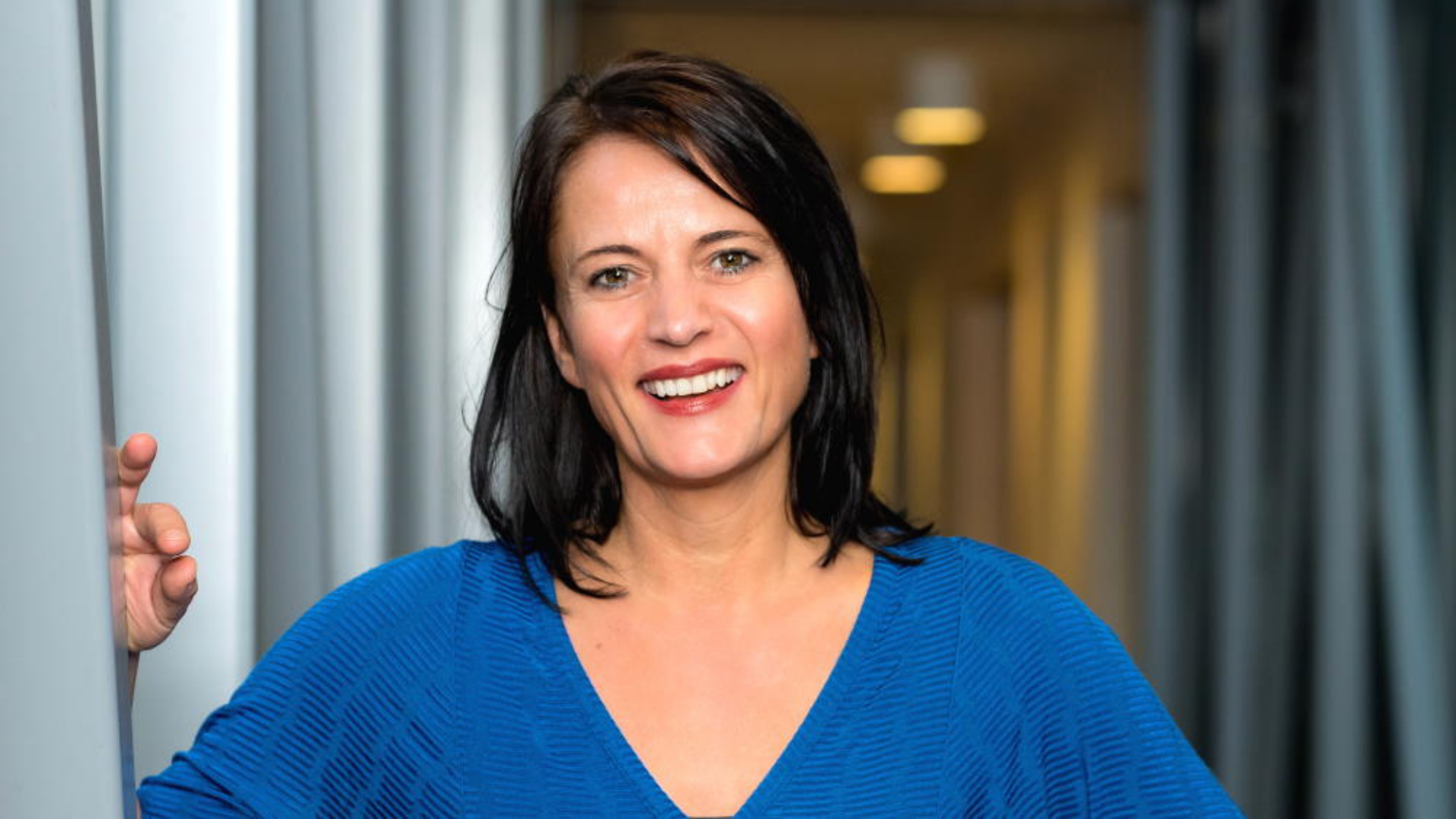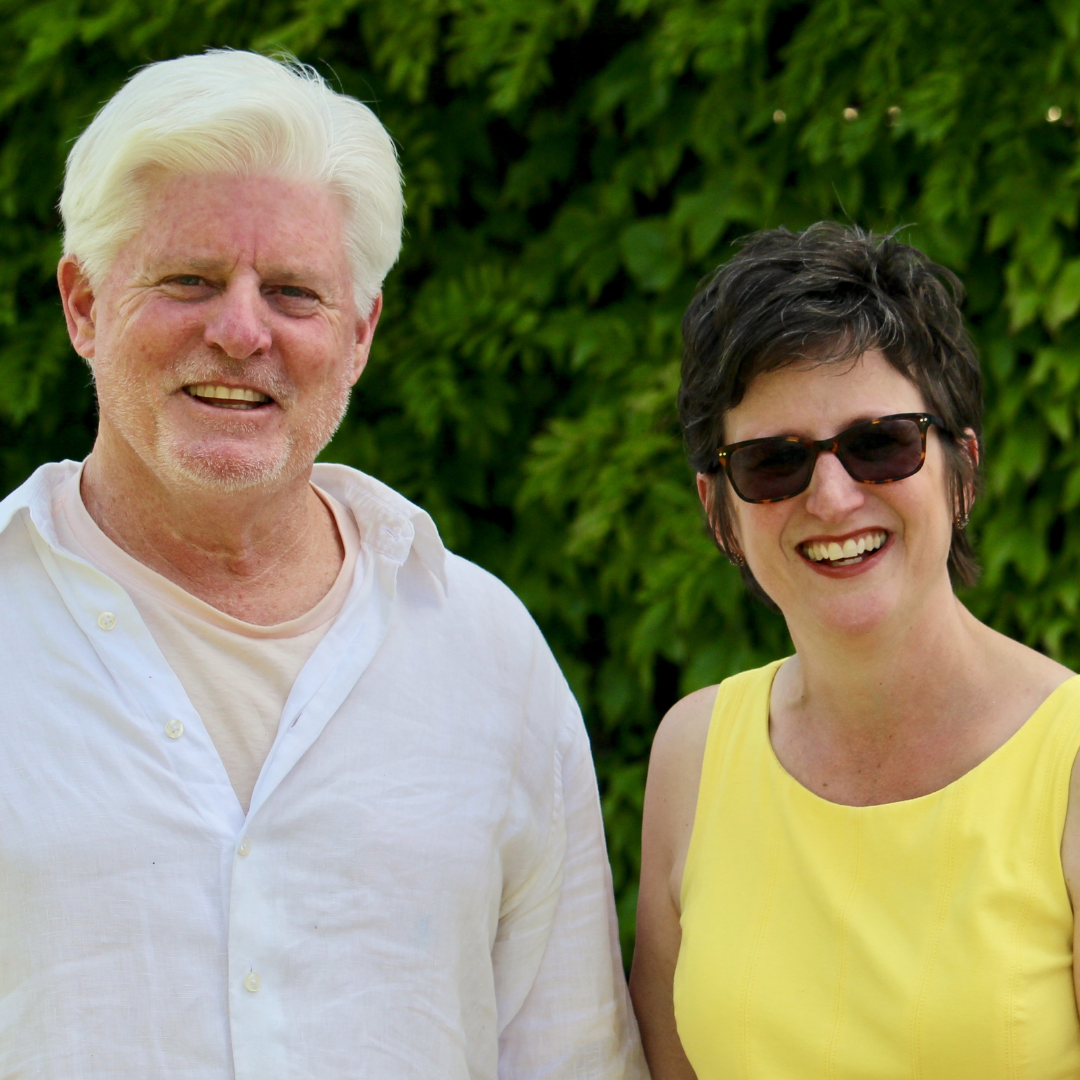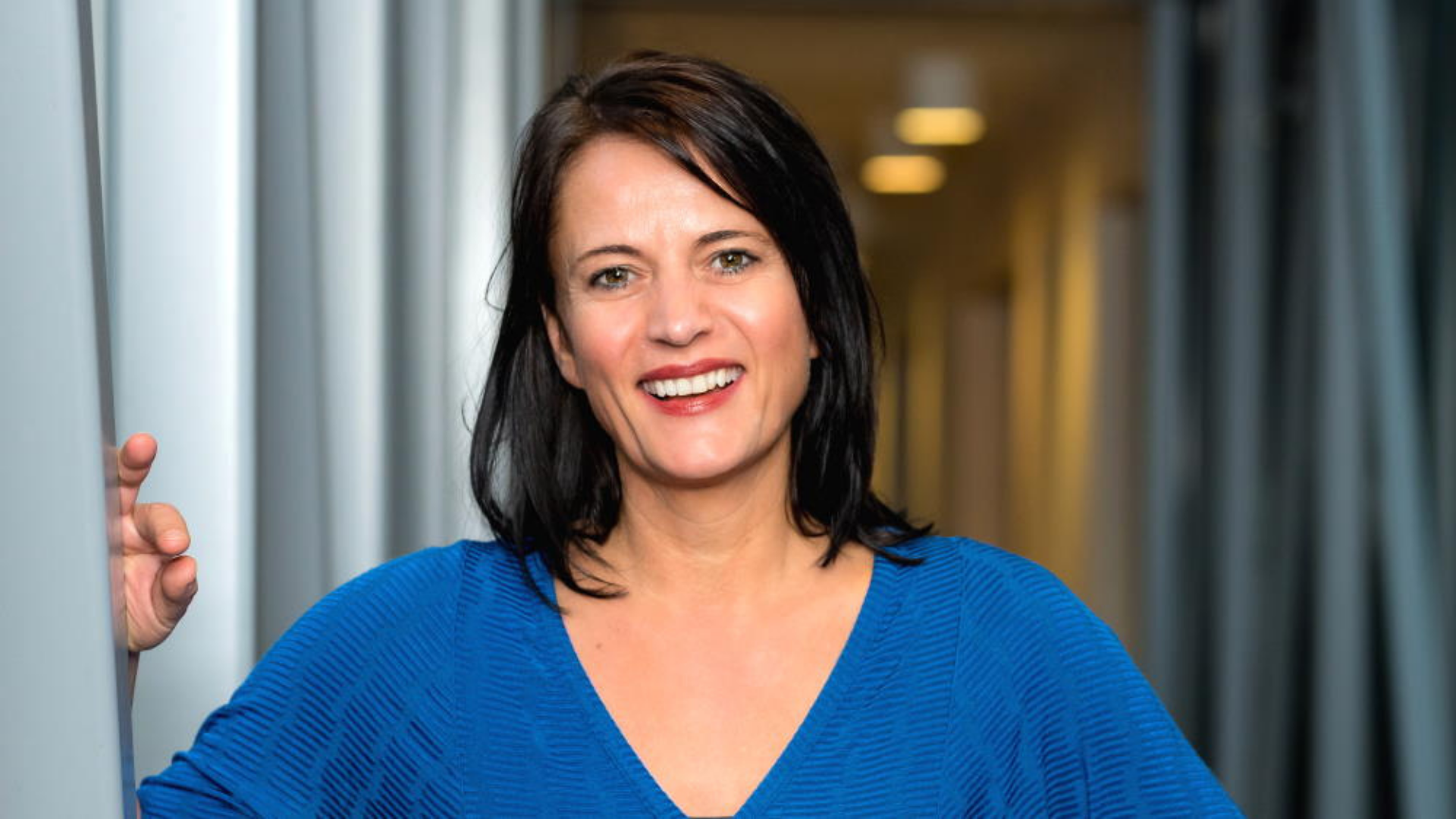


Is there a difference between men and women in STEM? “What matters is whether or not you can do the job,” says Katja Pahnke, Managing Director of Eindhoven Engine at TU/e. During a recent conversation, it became quite clear Katja believes in the society-shaping power of education and in the importance of listening to all genders and generations … that everyone can contribute.
As a native of Germany and citizen of the Netherlands, building multi-generational and intracultural teams comes naturally to her. In addition to her intellect, Katja is defined by her social versatility, her ability to thrive in any culture, her passion for travel and her ability to make friends in any setting. Katja is also a recent winner of the InspiringFifty Deep Tech Award. Read on to find out about her thoughts on leadership, STEM trends and how women find their place in both.
You are from Germany. How did you come to the Netherlands? Were there more opportunities here?
I think the decision was more by chance or by accident. When I was younger, I loved traveling to different countries and learning about different cultures. During that time, I met someone from the Netherlands. So, I thought, “Let's look at what the Netherlands has to offer.”
I had already completed my first education program in Germany and had been living there for a while. I started a second education program while pregnant at the time – which was really hard to do. We traveled between both countries. During the week, I was in Germany and on the weekends, I was in the Netherlands. I think the bigger decision was not where or when to go, but to actually stay in a different country.
In the beginning, all these experiences are new; you decide to work there and to live there, to buy or not to buy a house. It is not so easy. I think when I look back, it cost me a few years to really feel at home. When traveling, I normally adapt within a week or a day. But I was adapting to a new culture and learning the language and understanding the people and making friends and having a social life on a much deeper level. And then I also raised a child and worked. That was quite hard work but also very rewarding. But I had to come back to myself, to who I am. My partner and I separated when our son was three years old, and I had an offer from TNO, so I stayed here. So, I'm Dutch in one way, but I will never become a Dutch woman. I'm somewhere in-between.
In the U.S. there's always been a bias against women in tech and STEM areas. Did you experience that here?
Never in my whole life in general … but only from women, never from men. Perhaps this was also because I was raised with three sisters, and both of my parents were always working. They were role models for us, teaching us to take responsibility and make something of our lives and invest in the things we liked.
We were always dealing with disabled people or those who were less fortunate than us, but we had the luxury to choose things we were interested in. It was important for me (as daughter number three) to look for something that was mine. My older sisters chose social education, but I was good at and interested in technical knowledge. I was very driven to stand on my own feet, earn my own money and be independent. Only once, when I started a new joint venture at an automotive company, did I feel “biased.” The first day I entered the campus, the man at the reception desk asked, “Oh, you are the new secretary?” “No, I'm the new director,” I said. His expectation at seeing a nice lady was that she must be the new office manager. But I've never had fewer chances or less salary because I’m a woman.
We don't see many big Dutch companies with female CEOs. Could that be changing over the next generation?
I think it will. I was asked by a professional association to join the board. And I was asking myself, “Why me?” So, I think often we have a kind of advantage being women. While I don’t want to be asked because I am a female, I understand. We don’t have a lot of German people in CEO positions in Holland, so perhaps I was double attractive. And they mentioned I will be the linking pin to the Brainport region, so I happily accepted!
That brings us around to the leadership role. We still see some men who are uncomfortable with women as leaders. Do you see the same?
Yes, of course, but you also have it with women. I was 21 in my first leadership role. I led a group of 20 women – only women – and I needed a balance in the team dynamics. I was looking for skillful men to join. That was quite an intuitive decision. And then, in the technical world after leaving Germany, I worked as a woman with 100 other men. I often worked in teams where I was the only woman, and it was more about how well I could perform in my role. I never expected or felt that men were dishonoring me, because leadership is also about investing in your people. It's dependent on you to build a team or work with a team which is already in place. I learned it’s important to let people go in a respectful way when they’re not fitting together as a team. You can be “hard” on the content but very respectful to the person.
What is authentic leadership?
For me, it's knowing yourself, being yourself and acting as a role model. You not only show the behavior you would like to see but also feel it from an intrinsic motivation. You need to be honest also, not only for things you can do well, but also things you are less adapt at. You invest in the good things and make them stronger instead of being satisfied with average in any pretense you have.
Taking responsibility and ownership for your own well-being is important. The leader takes responsibility for his or her own personal life and makes choices which are fitting to that. In my case, the choice to separate from the father of my child was not easy but a strong choice to raise a child on my own. Later, I met someone else and made another decision to not leave my new home country, to stay here and further build a life in a different culture. An authentic leader must be adaptive but also accepts things while having no influence in the circumstances.
Who are your role models? Who inspired you? You talked about your parents.
I talked with my husband today about role models, and I also asked my son. I think yes, my parents are my role models. They forced me and inspired me to take responsibility. My real role models are all from my family: my grandma, my own son. My grandma had a very hard time in the Second World War, losing her husband and raising two children while also losing her country. But she always tried to make the best out of things, remaining positive, taking responsibility. “Where do I have influence and where not and what can I accept?” My own son is my best mirror for myself. He keeps me critical and makes me want to keep learning. For example, I came home once and asked, “What do I know about cars? I'm running a prestigious automotive company and I don’t know anything about cars!” He said, “Mama, you have 60 men with knowledge of the automotive market and the technology. Your role is doing different things there, leading a company and making it fit for future challenges.” So, I learn from both the older generation and the younger one.
One of the biggest challenges of the next 20 years is for societies to just keep up with the tech advances. Do you agree?
Absolutely. That's something we are also working on at Eindhoven Engine. Things are developing exponentially quickly. We have to keep up that pace, not just for new innovations, but also in getting those innovations to the market. We need to speed up activities and valorization. And that's why we believe we need something like Eindhoven Engine, where we not only work in a multidisciplinary, smart team but we also look for new crossovers and create serendipity, the unexpected things you're not actively looking for. We want to find and mix together all these bright people, not only people from university backgrounds but also from other areas in the whole chain of education and industry.
Do you see more women coming into STEM in the Netherlands?
Yeah, I think it's a culture which makes it very easy for women to choose the STEM path. My husband mentioned this morning that when we were at school, we were divided. Girls had to do things like make clothing or learn how to run a household, while the young men were building furniture and things like that. I think that's not the case anymore. I think it is okay to choose a STEM path later on in education – when you're already at secondary school. When you have a certain profile, it's rewarding to choose these STEM courses.
How many projects or initiatives are you working on at Eindhoven Engine?
We now have about 20 projects, representing about 50 million euros in research value. We got some funding from the regional authority until 2025, and that is going really well. We forecast that we will have 500 people involved in Eindhoven Engine projects by 2030. Today, two and a half years after our kick-off, we already have more than 200 students, researchers and employees from industry working on our projects … and it’s only 2022.” So, it's growing extremely quickly.
COVID was very hard for us since we have a very strong belief in co-location and meeting people in person, but this also forced us to rethink how to work together and do things in a virtual way. We looked for collective intelligence opportunities and for crossover innovations to accelerate in all areas. My colleague Maarten Steinbuch, scientific director, and I have a core team of about 14 people, all part-time. That's also added value. Everyone has another organization or other networks he or she is part of. The crossover benefits us all.
